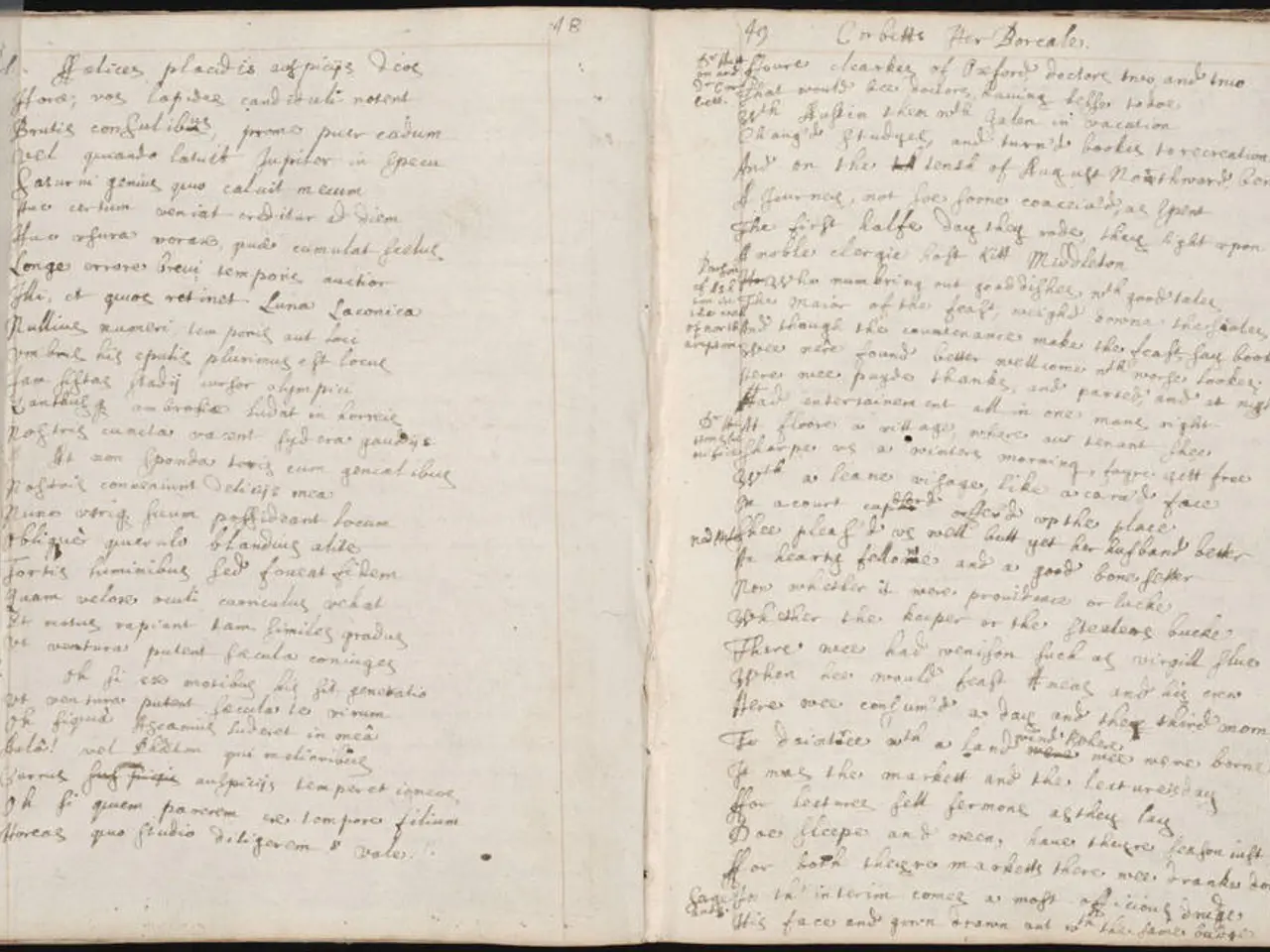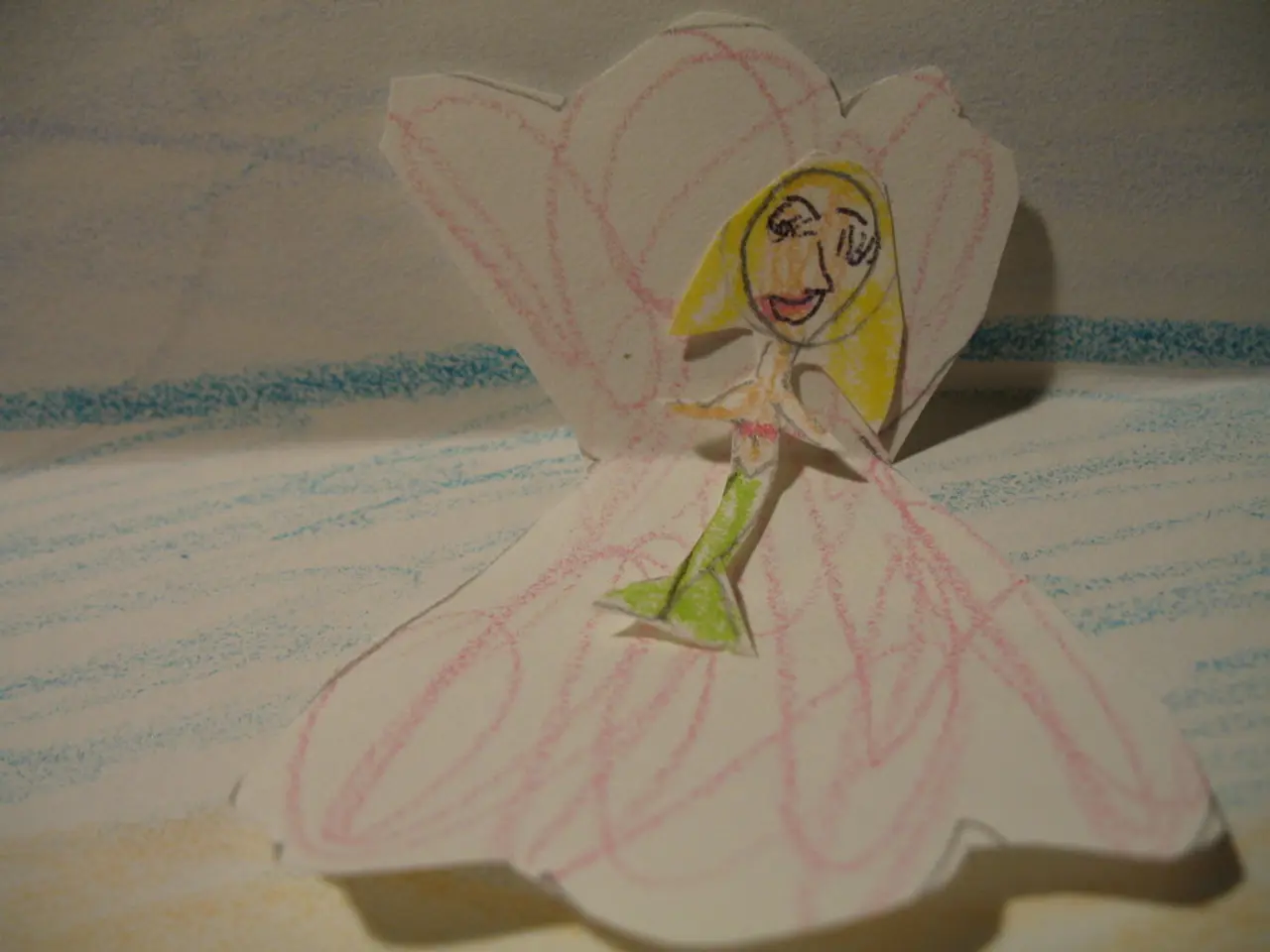Reborn from Ruins: The Fresh Library for Congress and the Nation Following the 1812 Disaster
The Surviving Legacy of Thomas Jefferson's Library
In August 1814, during the War of 1812, the British Army set fire to the United States Capitol, destroying the infant Library of Congress collection of approximately 3,000 books. This national calamity forced Congress to rebuild and expand the library.
In response, former President Thomas Jefferson sold his personal library of 6,479 books to Congress in September 1814 to replace the lost volumes. Jefferson's collection was notable for its breadth and quality, which he described as “unquestionably the choicest collection of books in the U.S.” This purchase formed the foundation of the restored Library of Congress.
Tragically, another fire in 1851 damaged much of the collection, including Jefferson’s donated books. However, the library rebounded by acquiring additional collections such as the Smithsonian library and benefited from legislative support like the Copyright Act of 1870, which increased its holdings dramatically.
The Library eventually outgrew its location in the Capitol, leading to the construction of the Thomas Jefferson Building, completed in 1897 and named in his honour in 1980. This building was designed as a separate national library facility to house the Library of Congress collections and serve the public.
One of the most intriguing aspects of this history is the survival of a ledger from Jefferson's library, taken as a souvenir by British Rear Admiral George Cockburn during the 1814 burning of the congressional library. The ledger, which bears an inscription from Admiral Cockburn, was later purchased by book dealer A. S. W. Rosenbach and returned to the Library of Congress on January 6, 1940. The inscription on the inside cover reads: "Taken in President's room in the Capitol, at the destruction of that building by the British, on the Capture of Washington 24th August 1814 by Admiral Cockburn."
This event was pivotal in shaping the Library of Congress into a national institution serving both Congress and the broader public. The Jeffersonian concept of a universal library covering all subjects is the basis of the Library's comprehensive collecting policies.
Interestingly, the book recently rediscovered in the Law Library of Congress is now recognized as part of the original purchase of Jefferson's library. Jefferson's typical mark of ownership on the book is a "T" added to his initial "I."
It is worth noting that by 1814, Jefferson had assembled the largest and most comprehensive personal collection of books in the United States. He acquired thousands of books for his library at Monticello during the American Revolution and while he was United States minister to France in the 1780s.
The acquisition of Jefferson's 6,487-volume library was the foundation of the modern Library of Congress. The British forces, under the command of Rear Admiral George Cockburn and Major General Robert Ross, set fire to the unfinished United States Capitol on August 24, 1814, using rockets and gunpowder paste to ignite the books, wooden floor, and furniture. The British also torched other public buildings in the capital city in retaliation for what they perceived as excessive destruction by American forces the year before in York, Canada.
Thomas Jefferson offered to sell his personal collection of books, the largest and most comprehensive in the United States at that time, to "replace the devastations of British Vandalism." This act of patriotism ensured the survival and growth of the Library of Congress, a testament to Jefferson's love for knowledge and his commitment to the nation.
This article was originally published by the United States Library of Congress on 05.08.2015 and is now in the public domain.
References
- Library of Congress
- Thomas Jefferson Foundation
- Mount Vernon Estate
- National Archives
- In the midst of war-and-conflicts, the British Army's destruction of the Library of Congress during the War of 1812 served as a catalyst for education-and-self-development, prompting former President Thomas Jefferson to sell his personal library to Congress for politics and general-news purposes.
- The acquisition of Jefferson's 6,487-volume library, primarily focused on education-and-self-development, not only aided the Library of Congress in rebuilding after the war-and-conflicts but also shaped its comprehensive collecting policies, emphasizing a universal approach to knowledge that extends beyond politics.




![Strategies for Prudent Selection of High Level (HL) Subjects [Sensible Advice for IB Pupils]](/en/content/images/size/w1280/format/webp/20250807182234_ib-students-choosing-hl.jpeg)